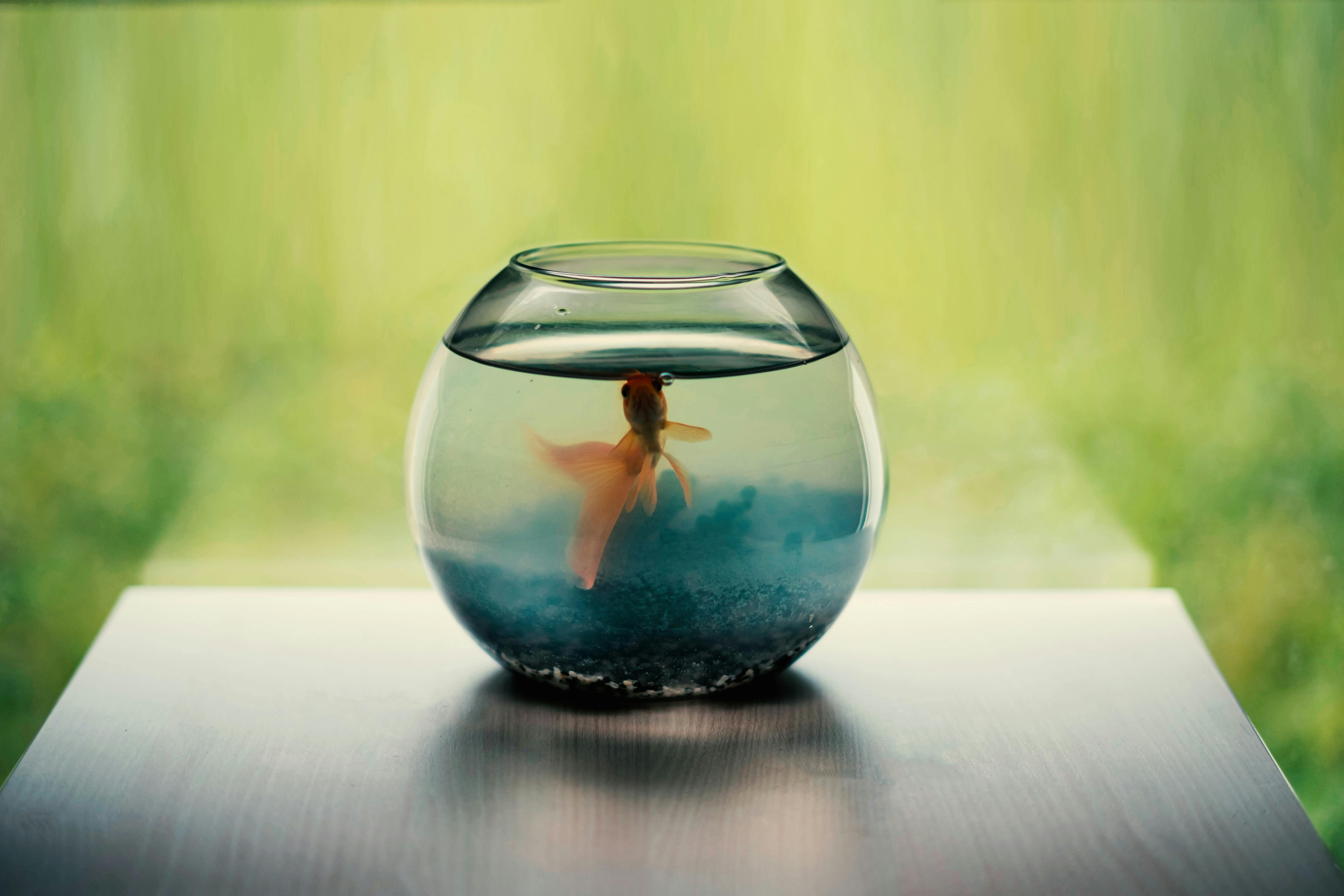
Effective Ways to Choose Discus Tank Mates for 2025
When creating a harmonious aquarium environment, choosing the right discus fish tank mates is crucial. Discus fish are known for their vibrant colors and gentle nature, making them a popular choice among aquarists. However, not all fish are compatible with discus, and the success of your aquarium setup often hinges on selecting peaceful tank mates that complement their needs.
This article explores effective strategies for choosing the ideal tank mates for discus fish, ensuring a thriving community aquarium. By understanding discus fish behavior, habitat requirements, and compatible species, you can create a beautiful aquatic environment that promotes health and social interactions among your fish.
Throughout this guide, we will cover important aspects of discus fish tank setups, including water conditions, feeding habits, and environmental enrichment. We will also present a variety of suitable tank mates, ensuring you have the knowledge to foster a peaceful coexistence in your discus aquarium.
Let's delve into the characteristics and requirements that will help you choose the best tank mates for your discus, ensuring a successful and enjoyable fish keeping experience.
Understanding Discus Fish Care and Requirements
Before selecting tank mates, it's essential to grasp the specific care requirements of discus fish. These tropical fish thrive in stable environments, and understanding their needs will help in finding compatible companions.
Discus Fish Habitat and Environmental Needs
Discus fish are native to the Amazon River Basin, thriving in warm, soft, and slightly acidic waters. Maintaining optimal water parameters is key to their health. Aim for temperatures between 82°F and 86°F, a pH level of 6.0 to 7.5, and low hardness (< 10 dGH). Additionally, proper filtration and regular water changes are vital to keep water quality high and maintain a healthy discus habitat.
In terms of decor, creating a lush aquascape with plants and hiding spots replicates their natural environment. Native plants such as Amazon swords and Java ferns not only enhance tank aesthetics but also provide important shelter and security for discus fish and their companions.
Social Behavior of Discus Fish
Discus fish are highly social creatures, developing strong bonds with similar species. They exhibit schooling behavior, emphasizing the importance of keeping them in groups of at least six. Bred in captivity, discus can become more comfortable and exhibit healthier social interactions when part of a cohesive group.
When introducing new tank mates, observe how discus interact with them. Avoid aggressive fish that could stress discus, as their sensitive nature requires non-threatening companions.
Feeding Habits and Dietary Needs
Discus fish have specific dietary requirements that must be met for optimal health. Their diet typically includes high-quality pellets, live or frozen foods, and vegetable matter. Feeding frequency also plays a role – offering smaller meals multiple times a day can be beneficial.
When selecting tank mates, consider their dietary needs. Compatible feeder fish should also adapt well to similar dietary habits, avoiding competition at mealtimes. This ensures that all tank inhabitants receive the nutrients required for growth and well-being.
By understanding these crucial aspects of discus fish care, you'll be better prepared to choose suitable tank mates that thrive alongside them in a harmonious aquarium.
Best Tank Mates for Discus Fish
Identifying the best tank mates for your discus fish can enhance the overall aquarium experience. Opt for species that are peaceful, community-oriented, and exhibit compatible behaviors.
Peaceful Freshwater Fish for Discus Tanks
When exploring the realm of compatible fish species with discus, consider peaceful freshwater options such as tetras, rasboras, and certain types of corydoras catfish. Neon tetras and cardinal tetras make particularly vibrant companions, adding color to your aquarium while maintaining an unaggressive demeanor.
Rasboras, known for their schooling behavior, are another excellent choice. Species such as the Harlequin Rasbora thrive in similar water conditions as discus, contributing to a well-rounded community tank.
Aquatic Invertebrates and Discus Compatibility
In addition to fish, certain invertebrates, like shrimp, can coexist with discus provided they are not too small or considered snacks. Ghost shrimp or Amano shrimp add diversity to the tank while helping control algae growth.
However, avoid delicate shrimp species in favor of hardier ones that can withstand the tank environment and thrive alongside discus. This diverse approach enriches the aquarium's ecosystem and enhances the beauty of the tank.
Tank Mates to Avoid with Discus
While many fish can coexist with discus, some species should be avoided due to their aggressive nature or rapid swimming, which can stress discus. Cichlids, for instance, can be territorial and pose a threat. Avoid fast swimmers like barbs and larger predatory fish, as these can have adverse effects on discus' social dynamics.
Additionally, fish that require vastly different water conditions can create stress and discomfort for discus. By carefully selecting tank mates, you can maintain a peaceful atmosphere conducive to healthy growth and vibrant colors in all aquarium inhabitants.
Optimal Aquarium Setup for Discus Fish and Their Companions
Creating a suitable environment is crucial for both discus and their tank mates. Discussing your setup will ensure the needs of all species are met, promoting health and harmony in the aquarium.
Discus Tank Size Requirements
Discus fish need ample swimming space, and its size can significantly influence the well-being of every inhabitant in your tank. A minimum of 50 gallons is recommended for a small group of discus. Increasing tank size as you add tank mates will help reduce stress and aggression, as well as prevent overcrowding.
Large aquariums provide additional room for swimming and hiding spots, essential for maintaining harmony and tranquility in your tank. Consider scaling up your setup if you plan to keep multiple species comfortably.
Discus Tank Filtration and Maintenance
A proper filtration system is vital for maintaining water quality, crucial to discus fish health. Choosing a filtration system that allows for efficient mechanical, chemical, and biological filtration is necessary.
Regular maintenance practices, such as routine water changes and tank cleaning, will keep your aquarium environment stable and healthy. Implementing these aspects will support both discus and other tank mates, allowing you to maximize the success of your community tank.
Lighting and Aquascaping for Discus Tanks
Providing appropriate lighting and aquascaping will enhance the wellbeing of your discus and their companions. Use dim lighting to create a calm environment, as bright light can cause stress for discus. Incorporate lush plants, driftwood, and rocks to mimic their natural habitat while providing necessary shelter for all species.
Good aquascaping not only beautifies the tank but also becomes essential in establishing territories within the tank. This can reduce conflicts and support peaceful coexistence among species.

Addressing Common Issues with Discus Tank Mates
Maintaining peace in a discus tank may not always be straightforward. Understanding potential issues that may arise and knowing how to troubleshoot them ensures a stable and enjoyable environment.
Dealing with Stress in Discus Tanks
Stress can manifest in discus fish, leading to health issues and behavioral problems. Pay attention to signs of stress, such as hiding, inactivity, or aggressive behavior arising from new tank mates. Creating a well-structured environment can help alleviate stress and retain a calm atmosphere.
If aggression occurs, consider rearranging decorations or introducing more hiding spots to help disperse territorial disputes. Always monitor your fish closely to catch any problematic dynamics.
Maintaining Water Quality in Mixed Species Tanks
Water quality becomes even more critical when introducing multiple species, as each may have unique requirements. Conduct regular testing of parameters such as pH, ammonia, nitrates, and temperature to keep conditions optimal.
Effective filtration and maintaining a good regimen of water changes will support a healthy environment and can prevent disease outbreaks, ensuring all species, including discus, remain healthy and vibrant.
Health Management Strategies for Discus and Their Companions
Being proactive in health management is essential for a successful discus tank. Regularly observe your fish for signs of illness, monitor behavior, and maintain a clean environment. Proper feeding routines and disease prevention practices will bolster their immune systems, promoting resilience and overall tank health.
In case of an outbreak, being prepared with a quarantine tank can help isolate affected fish, reducing the risk of transmission to other inhabitants.

Conclusion: Promoting Community Harmony in Discus Aquariums
Choosing the right discus tank mates is crucial for fostering a harmonious aquatic community. By understanding discus fish requirements and selecting compatible companions, you set the foundation for a thriving habitat. Maintaining proper water conditions, creating an optimal tank environment, and regularly assessing fish behavior will ensure your discus and their companions coexist peacefully.
Utilize this knowledge to enjoy a rewarding and beautiful discus aquarium, developing a vibrant and healthy aquatic ecosystem. With the right approach, discus fish can thrive alongside their chosen friends, creating a lively display of colors and interactions within your aquarium.